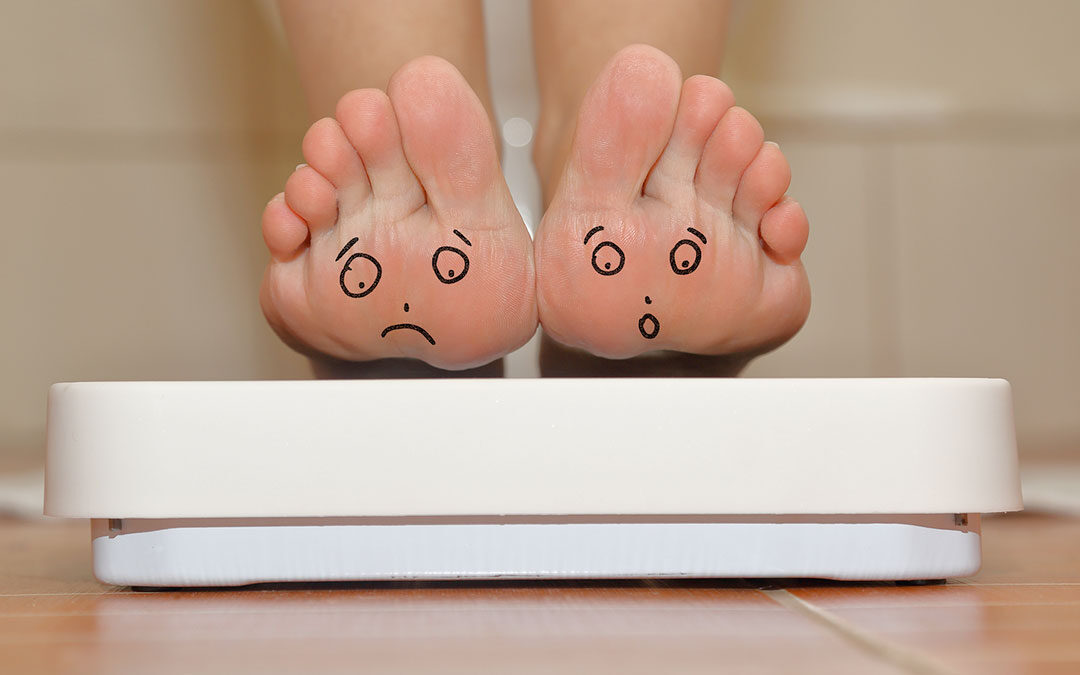It’s the numbers, after all, that let us know if we are healthy… right?
Well, sort of.
While numbers tell us a big part of the story, they don’t tell us nearly enough of the story.
This is not to suggest that we can simply ignore the numbers- certain measurements like our cholesterol, blood sugars, and blood pressure can be good indicators of our current health, and equally important, predictors of future health. These numbers are important – it’s just that – again – they’re not enough.
Consider, as an example, “Jim”. Jim has an optimal BMI and perfect blood tests – but he often finds himself feeling lethargic and tired. “Sarah”, on the other hand, has a BMI that is higher than the experts say it “should be”– but she runs a mile a day and feels fantastic. You’re not going to find all that in their numbers. You’re not going to find anything about how either one of them feels.
This emphasis on numbers has always been the case for many people- but right now, as we are coming up on almost a year of quarantine, a lot of us have been noticing things about our health and our bodies. With everything going on in the world, many of us haven’t been able to prioritize our own self-care, but with some light at the end of a tunnel and an end to quarantine (maybe?) in sight, it’s not a bad idea to take a quick inventory of our health.
Instead of simply taking your scale out – try asking yourself a few questions instead:
Try some of these:
Compared to this time last year…
- has it been getting harder to go up and down stairs?
- is that annoying knee/back/neck pain getting worse?
- have I been feeling tired or “blah”? Less interested in things?
- am I finding myself out of breath more easily?
If the answer to any of these (or similar) questions is “yes”, then – regardless of what your numbers say –perhaps you aren’t feeling your healthiest right now.
It’s easy to feel discouraged when we try something that doesn’t get us the results that we want. There are also people who achieve their fitness goal, but realize that a whole new set of problems arose in the process- they feel knee pain, back pain, or spasms. They have achieved their fitness goals, but their quality of life has not improved the way they thought it would.
Health programs can be expensive and are often built for a certain type of person with certain goals – a “one size fits all” fitness plan. Many of these programs don’t work because health and fitness are anything but one size fits all.
In order to feel your best, you need to find programs that focus on YOUR needs while working to accomplish YOUR goals. To make sure that, yes, you are medically healthy – but also that you FEEL good.
As we trudge through the winter and what will hopefully be the end of COVID, keep an eye on these things. On how you FEEL, not just how you look or what your numbers say. Getting healthy isn’t a quick or easy thing; it’s a process. A process comprising much more than just numbers.
And it’s okay to let that scale stay put away for a while too.


Recent Comments